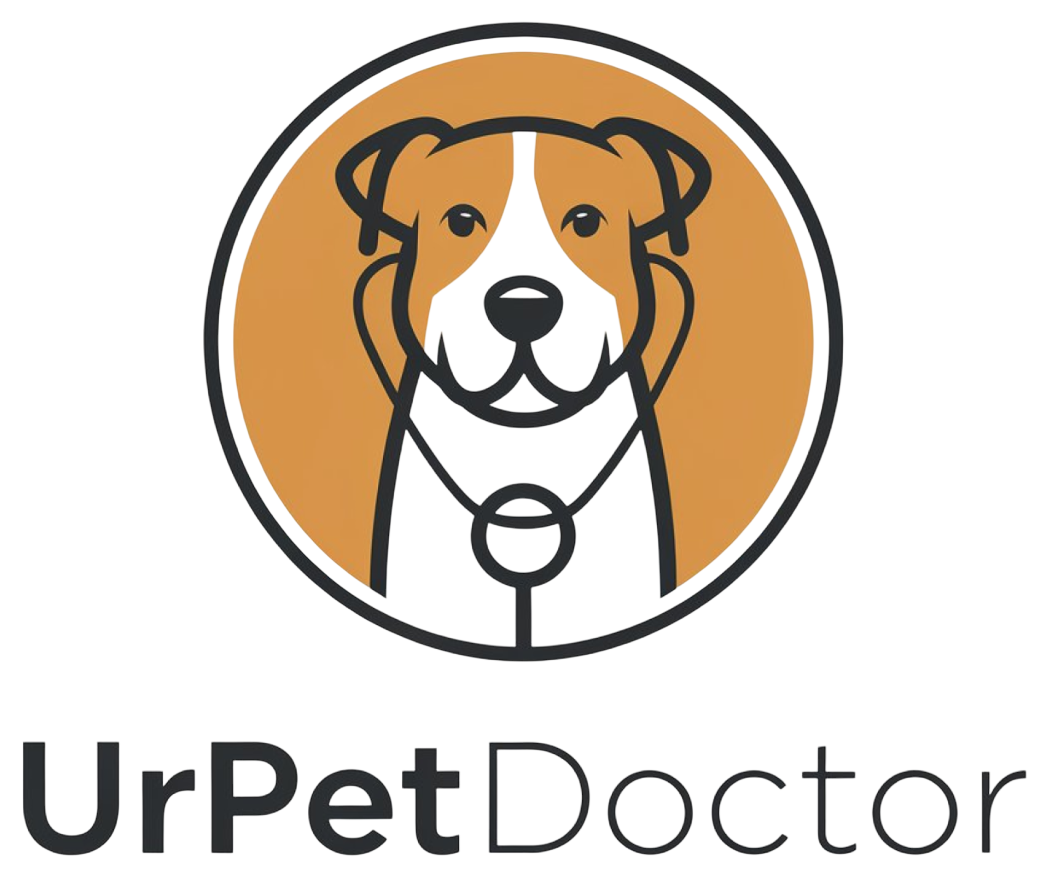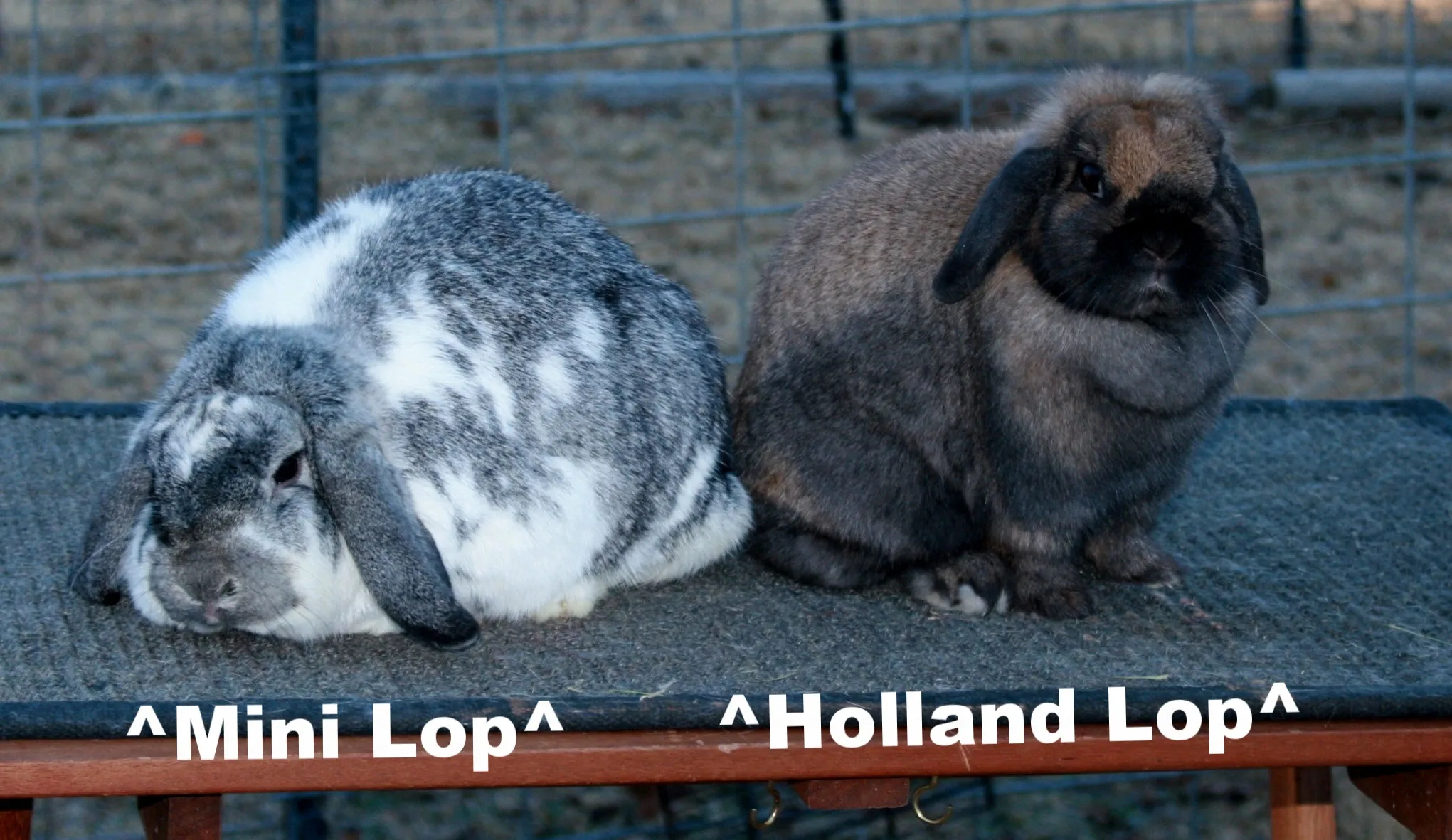Choosing the Dog Food Advisor for your dog is the best decision you can make right now, with so many companies, contested labels, and flashy marketing phrases like “premium,” “natural,” and “grain-free” making it difficult to decide what’s best for your pup.

That’s where Dog Food Advisor comes in—a reliable, unbiased online resource designed to assist dog owners in making informed, fact-based decisions about what they feed their pets.
Through extensive reviews, brand comparisons, recall alerts, and science-based nutrition facts, Dog Food Advisor is now a go-to for those who want to see beyond the box.
This piece takes you into the mission, structure, power, and value of Dog Food Advisor and how it works to make consumers more informed about items that line pet store shelves.
Whether you’re a first-time explorer of dog food or simply thinking about switching brands based on dietary needs, Dog Food Advisor provides you with the knowledge to make educated and ethical decisions.
How Dog Food Advisor Evaluates Dog Food Brands
Dog Food Advisor is useful because it has a thorough, methodical methodology for reviewing dog food. Instead of relying on advertising statements, the website scrutinises ingredient lists, guaranteed analyses, recall records, and nutritional adequacy statements.
Every dog food that is reviewed gets a star rating—usually somewhere between 1 and 5 stars—based on its overall quality and ingredient integrity.
Dog Food Advisor takes into account many crucial factors in each review. The first is the quality and type of meat. Real, named meats like deboned chicken or salmon are higher in ranking than generic meat meals or by-products.
The site also takes into account if animal protein is the primary ingredient, which is crucial in maintaining optimal health for most dogs.
Next, the source of carbohydrates is looked at. Whole foods like brown rice or oats and complex veggies like sweet potatoes are more popular choices over corn, wheat, or soy, which are usually cheap fillers. Artificial sweeteners, colouring, or preservatives should be avoided.
Fat composition, protein to fat ratio, and water content are monitored and compared to breed and life stage standards. Dog Food Advisor also examines whether the food is AAFCO-formulated, an important marker of dog food formulation completeness and balance.
Knowing the Star Rating System

The Dog Food Advisor rating system is widely seen as being consistent and understandable. It follows a five-star system, and each rating references the overall quality of nutrition and safety of any given product.
A five-star dog food will generally contain generous quantities of named meat ingredients, no objectionable additives, and a wonderful blend of protein, fat, and carbohydrates.
These are typically free from grains or made from higher-quality whole grains, and they can include helpful additives like probiotics, omega fatty acids, or joint-promoting nutrients.
Four-star foods are slightly inferior in meat quality or include ingredients like canola oil or white rice. They’re high in quality but perhaps lack the frills or openness of high-end brands.
Three-star foods are mediocre. They’re usually nutritionally intact but may include unnamed meat meals, plant protein boosters, or liberal use of low-cost grains.
Two-star foods are loaded with fillers, unidentified meats, and artificial preservatives. They can be given only occasionally, but perhaps in a short-term crisis.
One-star foods reflect lesser-quality ingredients, nutrient imbalances, or severe safety concerns. These have by-products, chemical additives, and excessive carbohydrates.
This system enables pet parents to scan and get a sense of a brand’s reputation as well as entice them to read the full review for further context.
Brand Reviews and Featured Lists
Dog Food Advisor contains a large review database for dog foods, with more than a hundred brands and sublines listed and updated from time to time. Leading brands like Blue Buffalo, Hill’s Science Diet, Merrick, Acana, Nutro, and Purina all have detailed write-ups outlining their pluses and minuses.
All reviews outline the recipe’s top ingredients, macronutrient content, and potential red-flag ingredients, leading to a conclusion and rating.
The site also publishes handpicked lists such as “Best Puppy Foods,” “Best Foods For Senior Dogs,” “Best Grain-Free Dog Foods,” and “Best Raw Dog Foods.” They get refreshed occasionally after careful reviews that consider both ingredient quality and price.
Dog Food Advisor never sells food and never allows promotional bias, so its lists are trusted by many as unbiased, accurate sources. Users can filter food by rating, ingredient selection, brand, life stage, and more, giving dog owners an easy method for browsing their best options.
Recall Alerts and Consumer Protection

The most practical feature of Dog Food Advisor is probably its Recall Alerts system. Recalls are often sudden and dangerous, posing a risk to health and safety in pet food. Dog Food Advisor keeps a current, up-to-date list of all FDA and manufacturer-issued recalls and sends subscribers email alerts.
These alerts include the affected product’s name, expiration dates, the reason for the recall, and instructions on what to do if you’ve purchased the recalled product.
Whether it’s due to salmonella contamination, vitamin imbalances, or mislabeled ingredients, Dog Food Advisor ensures pet owners are among the first to know when something goes wrong in the pet food industry.
This factor alone has deterred thousands of pet parents from giving their canines unsafe items. It also holds brands accountable, reminding them that their actions are being monitored by vigilant consumer watchdogs.
Educating Dog Owners on Ingredient Labels
Most dog food labels are designed to confuse or mislead pet owners. “Natural,” “holistic,” or “gourmet” are terms that have no legal definition and can be applied without a requirement for quality.
Dog Food Advisor simplifies those labels so that pet parents know what to look for on the back of the bag. The website breaks down common ingredients—both good and bad—and lays them out in significant detail.
That goes all the way from naming conventions for meats (chicken vs. chicken meal—what’s the difference?), the necessity of the first five ingredients, to why certain additives should be avoided.
By educating dog owners on how to read labels, Dog Food Advisor empowers readers to become confident champions of their dogs’ dietary needs. From taurine, carrageenan, beet pulp, and rendered fats, the site provides concise, science-based answers that make you comprehend what exactly is going into your dog’s system.
The Role of AAFCO and Nutritional Standards

Dog Food Advisor also instructs readers to learn something about the role of the Association of American Feed Control Officials (AAFCO), the agency that sets the levels of nutritional adequacy for pet food in the United States.
Even though AAFCO does not test food, it determines the requirements that manufacturers must meet for their food to qualify as being “complete and balanced.”.
The website explains how to verify whether a product is AAFCO compliant and what kind of feeding trials or lab analysis supports that claim.
Dog Food Advisor often states where a food just meets the “formulated to meet” standard, as compared to those foods with true physical feeding trials.
This is required when deciding whether a food is right for puppies, giant breed dogs, seniors, or canines with special health requirements. Dog Food Advisor educates readers with the knowledge required to properly interpret these labels so that dogs eat food their biochemistry requires.
How Dog Food Advisor Supports Different Diet Types
From raw, wet, freeze-dried, dehydrated, to kibble-based foods, Dog Food Advisor has them all. The site recognises that not all dogs have the same nutritional needs, and it provides comparative analysis for each type of food.
Raw diets are rated in terms of source of meat, safety, and adequacy. Canned food is analysed for moisture content, quality of protein, and ease of ingredients. Kibble is rated by protein-to-fat ratio, digestibility, and ingredient composition.
Dog Food Advisor also has support for owners who are feeding specialised diets, such as limited-ingredient diets for allergies, weight-control diets for overweight dogs, or senior diets full of joint-supporting ingredients. Each nutritional goal has real-world advice and product-specific recommendations to back it up.
Reader Community and Engagement

Dog Food Advisor has a dedicated readership that helps through comments, product reviews, and Q&A discussions. Every review page usually features a comments section wherein dog owners post their own experiences with particular brands or formulas.
These personal accounts are valuable and contain information regarding flavour preference, tolerance, digestion, coat quality, and even long-term outcome.
Individuals are more likely to help each other resolve issues like acclimating to a new product, choosing among brands, or decoding formulation tweaks.
This peer-to-peer transmission has a bit of real-world applicability and usefulness that cannot be duplicated by standard reviews.
Dog Food Advisor also listens to its users.
The website re-ranks and re-reviews constantly based on new data, recalls, formula changes or sourcing alterations by a brand. That reaction has kept the website up-to-date and accurate in a constantly changing market.
Is Dog Food Advisor Right for You?
Dog Food Advisor is more than just a review site. It’s an educational site, a safety alert system, and a community centre that educates dog owners to make better choices.
Whether researching a new company, switching foods due to allergies, or simply having no idea what’s in your dog’s kibble, this site gives you the clarity and amount of information you need.
With no brand affiliations of any kind and a no-nonsense independent analysis policy, Dog Food Advisor is one of the few voices of sanity in an industry with so much flash and unsubstantiated hype. For pet owners who want to feed with confidence and clarity, Dog Food Advisor is the ideal place to start.
Conclusion
With that, we finish our journey through the advice of the trusted Dog Food Advisor. We consider the guidebook to be like a good guide in the jungle of pet foods, helping us choose what is best for our furry friends.
Dog Food Advisor uses honesty and transparency, researching many dog food brands to help us decide which foods are best for our pets.







